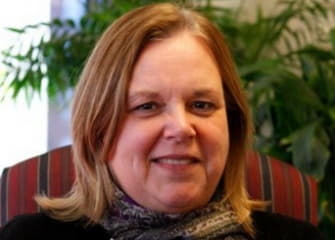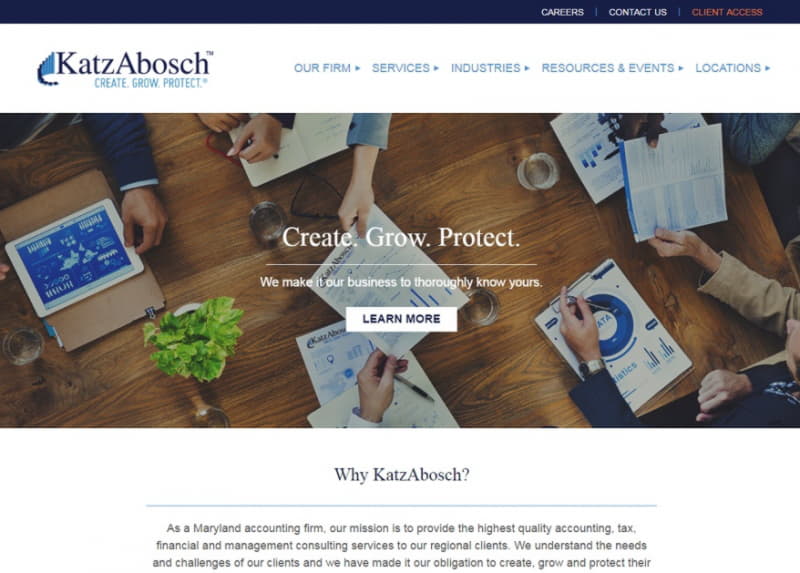
Mary Harlee
Click here for Part I & Part II
Mary B. Harlee runs what may be Baltimore’s oldest financial services company and the city’s best kept secret – Baltimore Equitable Insurance.
Founded in 1794 as the Baltimore Equitable Societyfor Insuring Houses from Loss by Fire, the company specializes in writing homeowner’s insurance. This past February, it celebrated its 223rd year in business surviving yellow fever scares, the bombing of Fort McHenry, the Civil War, the Great Baltimore Fire of 1904, the Great Depression, two world wars and Hurricane Isabel.
“We have learned from our past and our past is our future,” says Harlee, who was named president and CEO in 2014, the second women to head the company since it was founded. “We take that model that our forbearers have given us and we have learned from them what makes a great company.”
Baltimore Equitable has thrived in a special niche in the insurance business. It is the only insurance company in the country that writes“perpetual” insurance, a homeowner’s policy that ends only when the policy is cancelled. Traditional insurers charge a premium, say $1,000 a year, to maintain insurance. But Baltimore Equitable requires customers to pay a lump sum, up front deposit. A $250,000 home would require about a$10,000 deposit, or $40 per $1,000 of house. That can be a tough sell, but there are no monthly payments and when the policy is cancelled because a holder moves or sells their house, they are paid back the entire amount of the deposit.
“In the long run, it is a better deal,” Harlee says.
Harlee, who began working at the company in 1983 after she graduated from college, credits her team – there are 13 employees – and a star-studded board of directors for continuing to build Baltimore Equitable’s fortress balance sheet. A.M. Best Co., an insurance company ratings agency, gives Baltimore Equitable an “A” rating.
Baltimore Equitable’s board is made up of the “pillars of society,” Harlee says. Members include Richard O. Berndt, managing partner of Gallagher, Evelius & Jones; Freeman A. Hrabowski III, president of University of Maryland, Baltimore County; Marjorie Rodgers Cheshire, president and chief operating officer of A&R Development Corp., and John D. Linehan, vice president at T. Rowe Price Associates, Inc.
As of Dec. 31, 2016, the company had $50 million in policyholder deposits, but a total of $150 million in investable assets. This means that if every customer cancelled their policy, Baltimore Equitable could easily pay them back with $100 million to spare.
Harlee has no grand ambition of creating a huge insurance company, she wants to replace policyholders who are either moving or dying off. Twenty percent of the company’s policyholders have been customers for 25 years. But she does envision executives blowing out candles in the year 2294 when Baltimore Equitable would celebrate its 500th birthday.
“We don’t want to be bought up by any other company. We don’t want to be merged with any other company,” Harlee says. “On the contrary, we want to stay a perpetual mutual insurance company for as long as we have members.”
EDWIN WARFIELD: How do you market and advertise the company?
MARY HARLEE: This is a long message to try to get out to our insureds. It’s not something that we can tell in 15 seconds with little bites on the radio or such. We really have to talk to people in person and tell our story, which makes it so hard. We’ve been one of Baltimore’s best kept secrets because most of our policies come from policy referrals and from policyholders that have referred business to us. It’s word of mouth. We can make an impact by getting in front of people, talking to people, and telling them our story, because our story is more than a 10-second newscast on the radio. It’s a longer explanation.
We talk about what our elevator speech is, and it has to be concise and brief, but I have so much enthusiasm for a company that I want to tell you the whole story and have you hear what we’re really all about, rather just how you pay for the policy or how long we’ve been in business. There are so many different aspects of what our company is and my passion for this company is unbelievable.
Q. What is your growth strategy?
A. Well, our growth strategy is not to really grow—it’s to maintain our policy count. Twenty percent of our policyholders have been here for more than 25 years. Any company would love that, and I do love that about our policyholders: once they come with us they stay forever.
We have an aging problem: our policyholders are aging out and they’re moving on, maybe moving to Florida or the nursing homes—whatever they might have to do in their older age—and we need to replace our policyholders with new ones. This is why it’s so important to get our message out now and to have new people hear about us—more than just what our policyholders can tell. So we’ve done a little bit of marketing campaign to be out there and get the low-hanging fruit that’s on those trees, so people that might be interested in a type of policy that we offer and with the customer service that we offer.
Q. After two centuries, Baltimore Equitable expanded into its first state outside of Maryland: Pennsylvania. What led to that decision, and how is the insurance market different there?
A. Baltimore Equitable never does anything too quickly. It only took us 220 years to decide to move to another state, so it was just ten years ago. It was a big leap of faith that we decided that we were going to write in Pennsylvania. But again, we didn’t change our strategy. We continued only writing homeowner’s insurance the perpetual way in Pennsylvania. We stayed true to who we are and what we do best, and that’s writing perpetual homeowner’s insurance.
The reason that the Philadelphia contributions have no longer wanted to write trees near a home was because it caused fires, and fires were the biggest problem in the late 1700s and so they didn’t want any trees in the yards of any of their policyholders. This is when Ben Franklin said, “that’s just pure rubbish, and we are going to have another company, write policies, and that’s going to be called The Green Tree.” And so as kind of a joke to them on their fire mark, they used a tree as their fire mark to symbolize the Green Tree.
Q. Has the internet and digital technology changed what you do on a daily basis?
A. We have modernized and we no longer write in ledgers and such. We actually even have a website—it’s www.baltimoreequitableinsurance.com—but we have learned from our past, and our past is our future, because we take that model that our forebears have given us and we have learned from them what makes a great company. Our past is our future.
We don’t want to be bought out by any other company. We don’t want to be merged with any other company. On the contrary, we want to stay a perpetual mutual insurance company for as long as we have members. That’s what makes us strong. We hope that one day we’re sitting here and celebrating our 500th anniversary with enthusiasm and as much pride as we have today. That’s what I’m excited for about this company—to keep it alive and relevant.
Q. Where do you see the company going between now and that 500th anniversary?
A. We could move into other states. We think there are enough people in Maryland and Pennsylvania that need our policy that we don’t really need to expand it to Virginia. We don’t do anything too quickly. We may one day expand into Virginia, which is another great area for us geographically because it’s close to our home base in Baltimore, but we don’t have any near plans to do that, nor do we hope to become one of those internet companies where you can do everything online. We need to know our policyholders, and they need to know who we are, so that we can help them and answer their questions and educate them.
Connect with Mary on LinkedIn
Sponsored by:
Founded in 1969, KatzAbosch is one of the largest CPA and business consulting services in the Mid-Atlantic region. Our mission is to provide the highest quality accounting, tax, financial and management consulting services to our clients. We understand the needs and challenges of our clients and we have made it our obligation to create, grow and protect asset value. The experts at KatzAbosch offer a full service solution while maintaining a tradition of ethics and incorporating the latest technology and unique business practices. Excellence in an industry often begins with how those closest to the company—its clients and employees—feel about it. For these individuals, KatzAbosch is a place where people and businesses excel and prosper. Our advisors can meet all of your service needs including; Audit & Accounting, Business Valuation & Litigation Support, Consulting, Estate Planning & Administration, Financial Institution Services, Forensic Accounting & Fraud Examinations, State and Local Tax (SALT), Taxes & Planning.


Edwin Warfield, CEO of citybizlist, conducts the CEO Interviews.
If you're interested in reaching CEOs, please contact edwin.warfield@citybuzz.co
Connect on LinkedIn




































